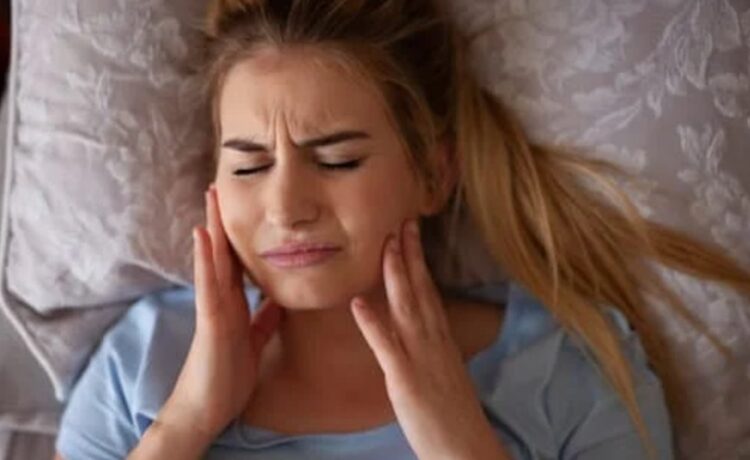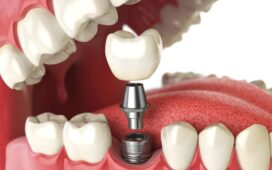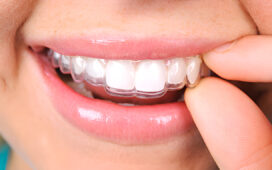Bruxism, often referred to as teeth grinding, is a condition that can significantly impact oral health over time. Many people experience bruxism in Toronto, often unknowingly, during sleep or periods of stress. Understanding its implications and how to manage it is crucial for maintaining healthy teeth and gums.
Understanding Teeth Grinding
Bruxism is the involuntary grinding or clenching of teeth, which can happen both during the day and at night. Nocturnal bruxism is particularly concerning, as it occurs while individuals are asleep and unaware of their actions. If left unaddressed, persistent grinding can lead to a range of dental problems.
Common Causes
The Role of Stress
Stress and anxiety are primary triggers of bruxism. Emotional distress can manifest physically, leading to teeth grinding as a subconscious response. Also, it is important to understand the relationship between bruxism and stress to effectively address its root causes.
Dental Alignment Issues
Misaligned teeth or an improper bite can also contribute to bruxism. When teeth do not fit together comfortably, the jaw may attempt to adjust itself, leading to grinding and clenching.
Lifestyle Factors
Certain lifestyle habits, such as caffeine and alcohol consumption, can exacerbate bruxism. These substances can increase muscle activity during sleep, heightening the risk of teeth grinding.
How Bruxism Affects Oral Health
Damage to Teeth
Chronic bruxism can lead to significant damage to the teeth, including flattening, chipping, or cracking. Over time, the protective enamel layer can be worn away, resulting in increased sensitivity and vulnerability to decay.
Impact on the Jaw
The persistent grinding associated with bruxism can lead to jaw disorders, such as temporomandibular joint (TMJ) dysfunction. This condition can cause pain and discomfort in the jaw, leading to difficulties in chewing and speaking.
Gum Concerns
The excessive pressure exerted on teeth during grinding can also affect the gums, leading to potential recession. Gum recession can increase the risk of periodontal disease and loss of teeth if not managed appropriately.
Strategies for Management
Stress Reduction Techniques
Managing stress is key to reducing bruxism. Techniques like mindfulness, meditation, and exercise can effectively reduce stress levels and minimize episodes of grinding.
Dental Solutions
Dentists can provide custom-fitted mouthguards to protect teeth during sleep. These appliances prevent direct contact between teeth, minimizing wear and tear.
Lifestyle Modifications
Reducing intake of caffeine and alcohol, especially before bedtime, can decrease bruxism occurrences. Establishing a calming bedtime routine can also promote better sleep and reduce grinding.
Conclusion
Bruxism is a common condition that can have severe implications for oral health if left untreated. Understanding its causes and implementing effective management strategies can prevent long-term damage. Consulting with dental professionals and addressing lifestyle factors are essential steps in mitigating the impacts of teeth grinding.
Frequently Asked Questions
1. Can bruxism lead to other health issues beyond oral problems?
Yes, bruxism may lead to headaches, earaches, and sleep disturbances, impacting overall well-being.
2. Is bruxism more common in adults or children?
Bruxism can affect individuals of all ages, including children, though causes and treatments can vary between age groups.
3. Can orthodontic treatment help in managing bruxism?
Orthodontic treatment can correct bite misalignments, potentially reducing bruxism. A dental professional can recommend appropriate treatment based on individual needs.
















